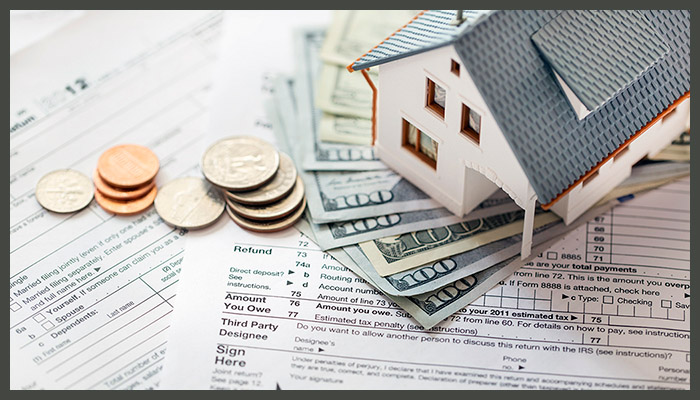A Little Help on Investment Property
A Little Help on Investment Property
by David D. Holland
Believe it or not, I enjoy hosting financial seminars! I don’t make sales pitches or have my guests watch boring slide-shows. I prefer to base my seminars on questions from the attendees. That makes the presentations much more interesting; there’s no repetition; and I’m certainly kept on my toes!
 So, at my last seminar, I had a question from a gentleman who had recently sold an investment property. He asked me, “How can I get out of paying capital gains taxes on the profit from the house?” I told him, “You can’t; it’s too late.” Since this is not a topic that comes up very often at my firm, I was glad there was a real estate investor, and a real estate agent, in the audience. With their help, I shared some options.
So, at my last seminar, I had a question from a gentleman who had recently sold an investment property. He asked me, “How can I get out of paying capital gains taxes on the profit from the house?” I told him, “You can’t; it’s too late.” Since this is not a topic that comes up very often at my firm, I was glad there was a real estate investor, and a real estate agent, in the audience. With their help, I shared some options.
Cash-In: If you want all the cash – to take a year-long European vacation, for example – you will be paying the capital gains tax (CGT). The amount of tax will be determined by your income tax bracket and by how long you kept the property. If you retained the property under a year (like a home-flip), you will pay short-term CGT which will be taxed as ordinary income. If you kept it over a year, you will pay long-term CGT (for 2016, 15% for those in the 25%, 33% and 35% tax brackets, and 20% for those in the 39.6% bracket).
Defer: Now, if you don’t need the cash, you could consider postponing the tax bill by investing the profit in a similar property. This is called a 1031 Exchange (IRC Section 1031 Like-Kind Exchange). It requires a carefully integrated transaction. Generally, an investor has 45 days from the sale date of his relinquished property to identify a replacement property, and 180 days to close on that property. If his tax return is due before the 180-day period, he must close sooner. Also, keep in mind:
• If the property was for personal use, like a primary home or vacation home, it does not qualify.
• It is possible to have both deferred gain and recognized gain when the new property is of a lesser value.
• This is tax deferral. When the replacement property is eventually sold, the original gain, and any additional gain since the purchase, is taxable.
There are various rules and restrictions, so be certain to do your homework or get professional advice before entering into this type of transaction. IRS.gov has helpful information. You can also speak to Steve Tacinelli in my office.
